Indulge me for a moment.
We will move to substance shortly, but allow me first to wallow in the froth of Jacob Rees-Mogg, a complete joy to any columnist wishing to monitor the current political pulse. An easy target you may think – but a telling one.
The sheer, boundless ridiculousness of the man makes Jacob-bashing as irresistible as a portion of extra-thick double cream: just too delicious not to indulge in. (If you want a true belly laugh, look up “12-year-old Rees-Mogg” on YouTube to see footage of him from the early 1980s describing, in that characteristic, whiney drawl, his “love” of money, before phoning his stockbroker to buy shares.)
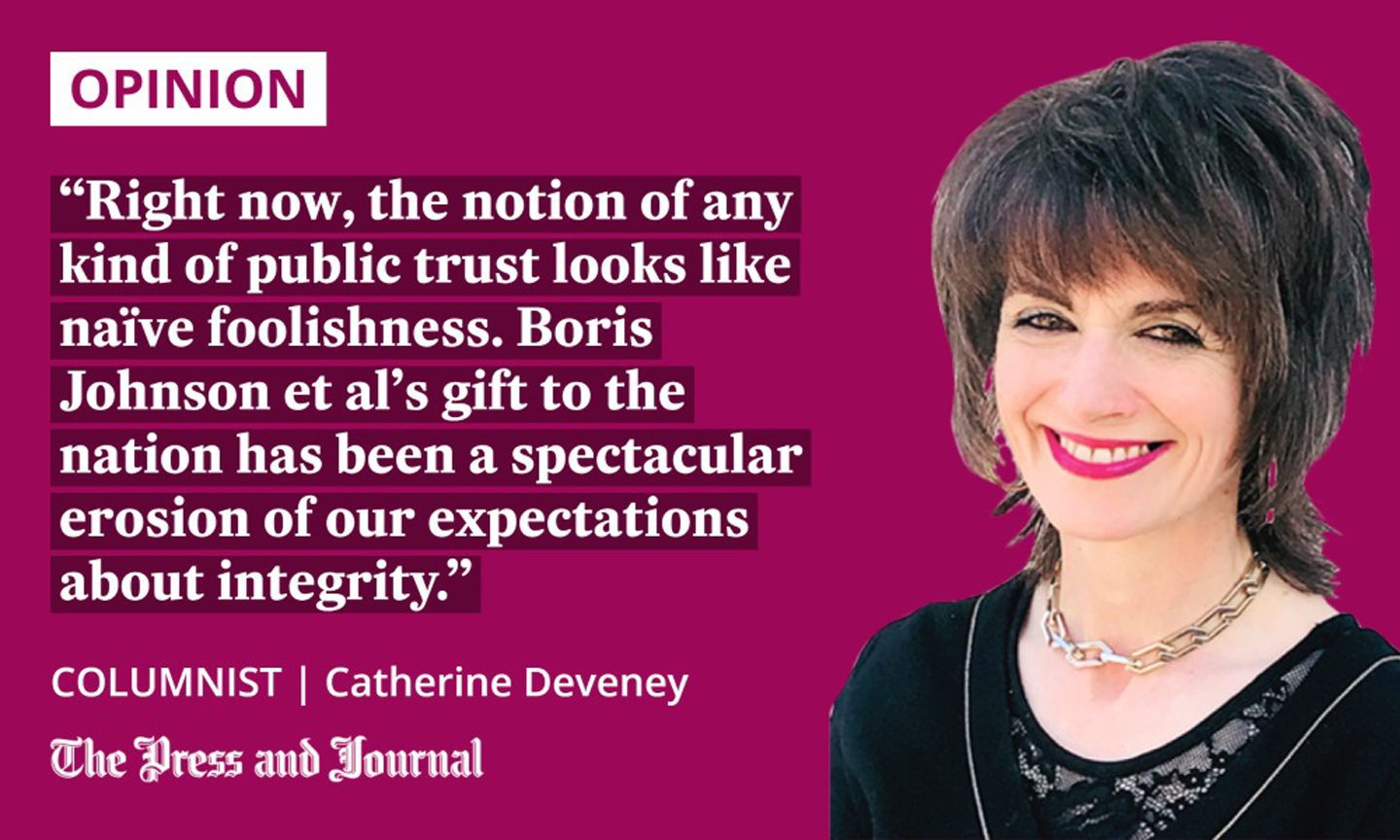
Rees-Mogg is minister for Brexit opportunities, which is a part-time post, taking up approximately 10 seconds per week. He is also minister for government efficiency. Oh dear.
Moving swiftly on, he made headlines for urging civil servants back to the office, leaving notes of mock, Rees-Moggian politeness on empty desks which read: “Sorry you were out when I visited. I look forward to seeing you in the office very soon.”
Yet, in the last week, he has objected to attendance data being collected on MPs, telling a WhatsApp group: “I do not know why the Commons desires to track our movements in this way.” A wild guess, Jacob. Could it be for reasons of accountability?
His hypocrisy is the thin end of a thick, damaging wedge. This UK Government has created a climate in which not only are rules selectively applied according to your power base, but the only sin in bad behaviour is being found out. Rules don’t apply if you are important – and sleekit – enough.
We’re used to political scandal and cover-ups
It has always been wise to question authority rather than supplicate yourself to it. (The Scottish Government’s announcement that Scotland will be the first UK country to pardon some of those convicted of breach of the peace during the tumultuous days of the 1980s miners’ strikes reminds us that authority is not always wielded wisely.)
Headlines about political corruption are like fireworks these days. Flash and they’re gone
But, right now, the notion of any kind of public trust looks like naïve foolishness. Boris Johnson et al’s gift to the nation has been a spectacular erosion of our expectations about integrity in public life, from low-level hypocrisy to wide-ranging wrongdoing.
Johnson has just lost his second ethics adviser. To paraphrase Oscar Wilde, losing one is unfortunate; losing two looks like carelessness. The only surprise is that he ever had one in the first place. Who knew?
The terms of Lord Geidt’s resignation – that he was put in an “odious position”, and that Johnson had risked a “deliberate and purposeful breach of the Ministerial Code” – would once have been a resignation matter. Partygate would once have been a resignation matter. Even Jennifer Arcuri would once have threatened your political career. But, headlines about political corruption are like fireworks these days. Flash and they’re gone.
We have become inured to political scandal and, worse, to cover up. Move along, there! So, we do.
The case of the disappearing news story
Last weekend, a story appeared in the Times newspaper stating that, when he was foreign secretary, Johnson wanted to appoint Carrie Symonds, now his wife, as his chief of staff. Her salary was to be £100,000. Her credentials? Being a press officer, and the foreign secretary’s squeeze.
Alarming enough. More alarming is the fact that the story was pulled within hours, without explanation.
It is four years since I worked for The Times. Sometimes I hear stuff … but I don't know why this story on Carrie Johnson was cut after being published in early editions.
Yet cut it was. How are readers supposed to trust a paper that does this without explaining why? pic.twitter.com/8W65XHkw5m— Katherine O'Donnell (@kathy__odonnell) June 19, 2022
This week, the Guardian newspaper questioned what forces were brought to bear in such a dramatic disappearing act. Their investigations had substantiated the story, despite a denial from Downing Street.
The checks and balances on our political systems are gradually disappearing
The Evening Standard followed up with a Downing Street admission that there had been “conversations” between them and The Times before the story was withdrawn. What were those “conversations”? If the press gets muzzled, we’re really in trouble. Shouldn’t we, for the sake of democracy, insist on knowing?
“Trust us, we’re in charge.” Well, not on your life. The checks and balances on our political systems are gradually disappearing.
A lawless mob is in power
With Brexit, we lost European employment protection. The government intend breaking international agreements over Ireland. Meanwhile, Priti Patel dubbed the European Court of Human Right’s block on refugee flights to Rwanda “scandalous”, and hinted that we wouldn’t play anymore and would make up our own rules.
Patel’s brazen attempt at moral superiority with that word “scandal” when discussing a policy widely regarded as unethical is like Rees-Mogg: funny, except it’s not. When this government is history, our safeguards will be too.
In the current BBC drama, Sherwood, which shows the legacy of the miners’ strikes generations later, there is an old news clip of Margaret Thatcher. In the aftermath of violent clashes between police and miners, she says angrily that it was clear some people were determined to have “the rule of the mob, not the rule of law”.
How ironic, then, that the lawless mob has now turned out to be her own party.
Catherine Deveney is an award-winning investigative journalist, novelist and television presenter
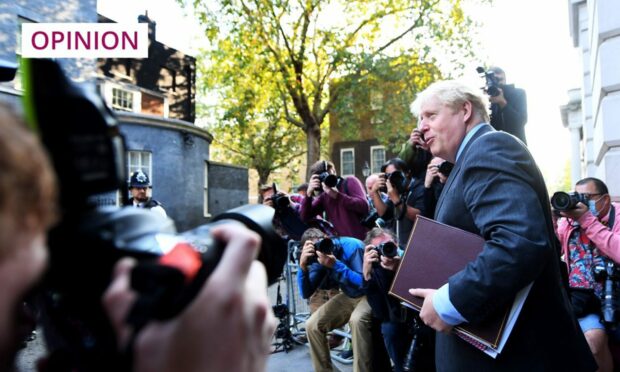
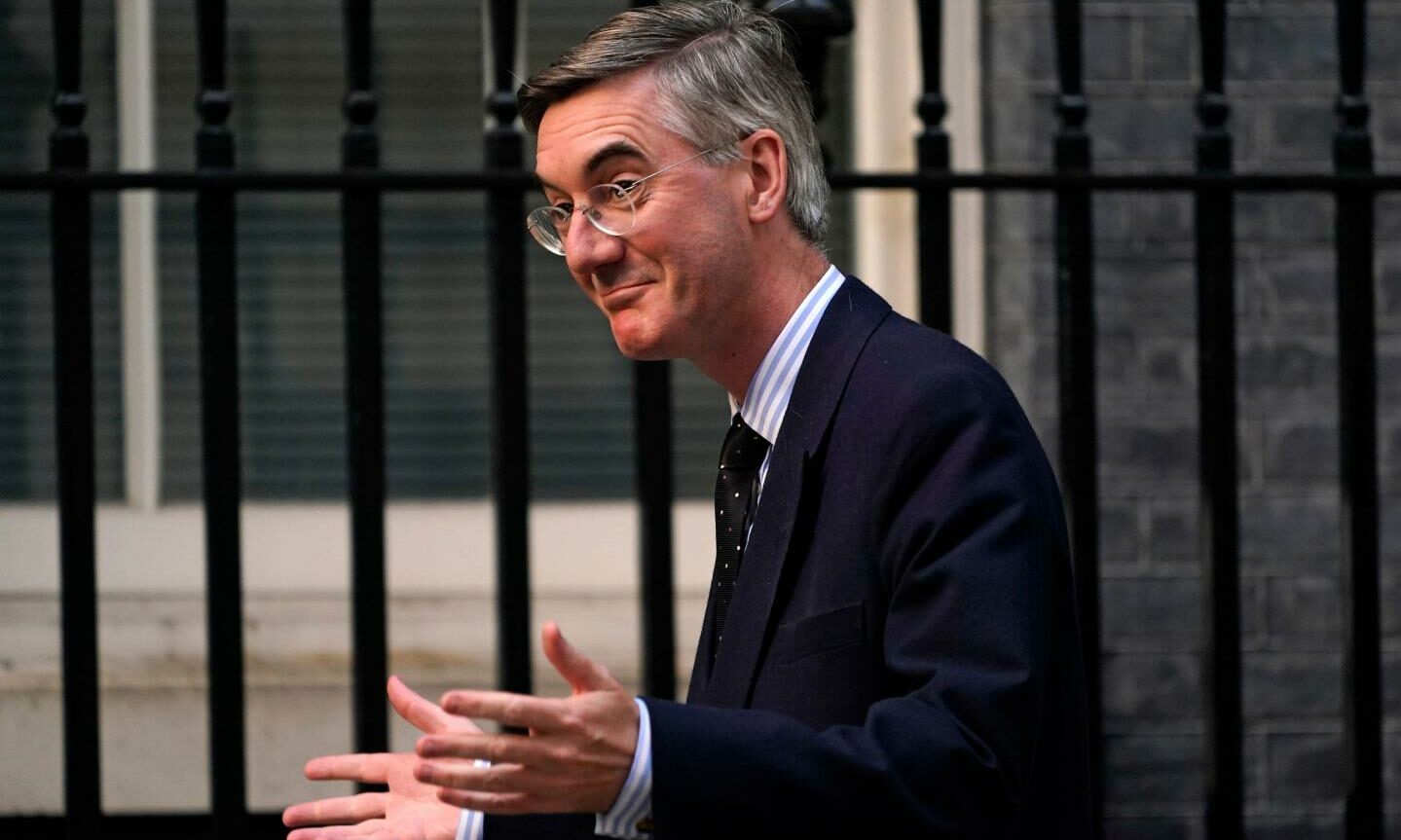
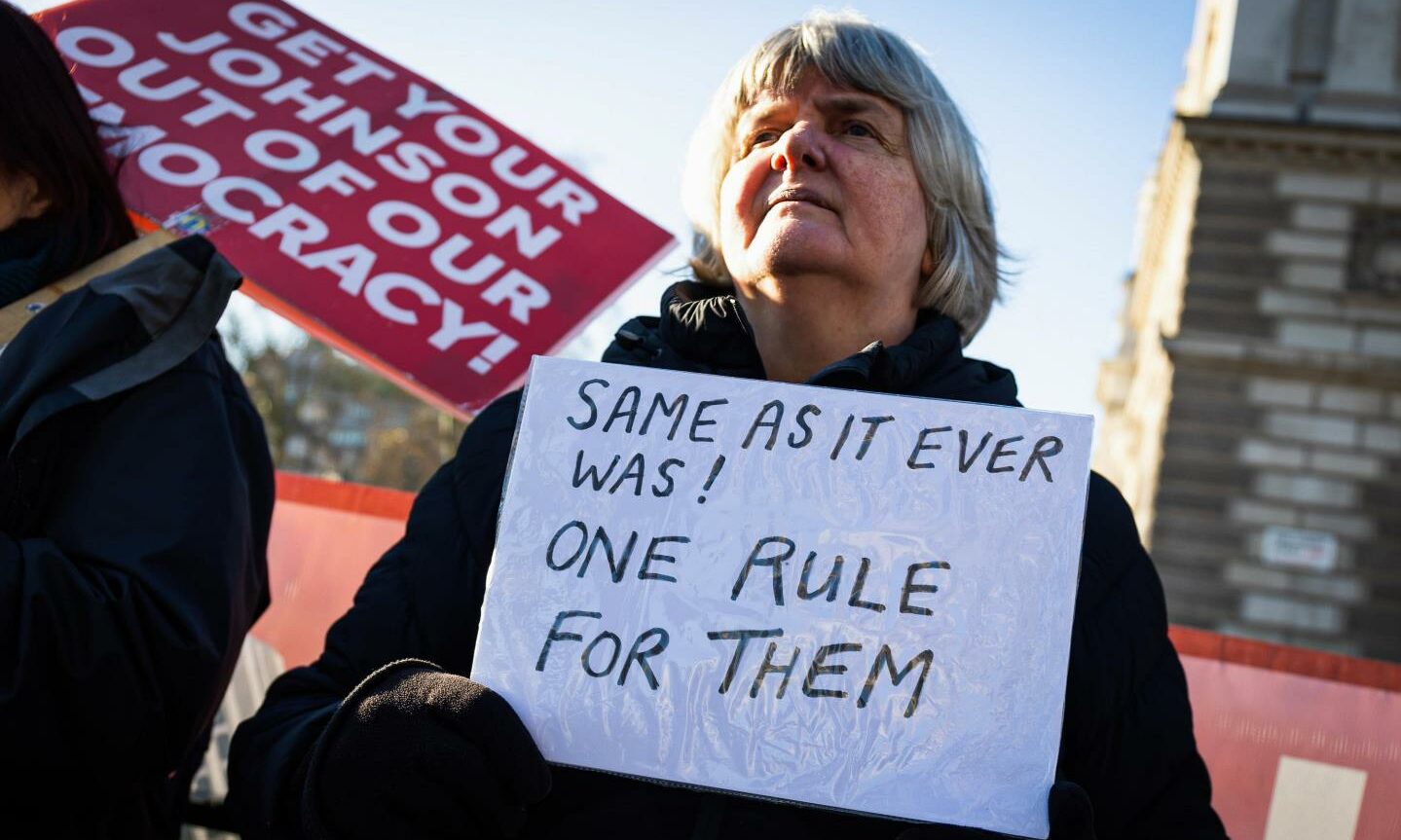

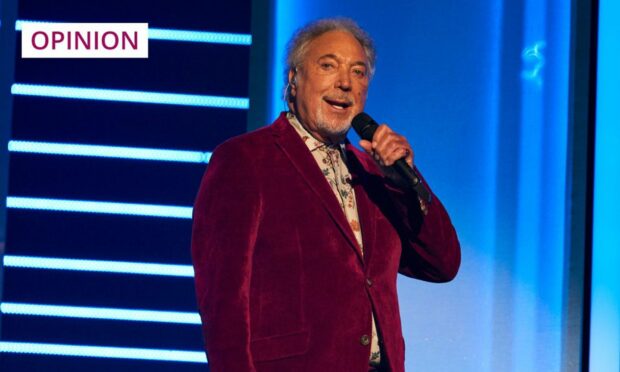

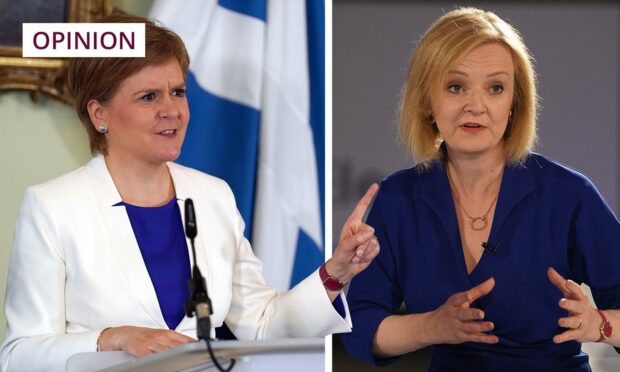

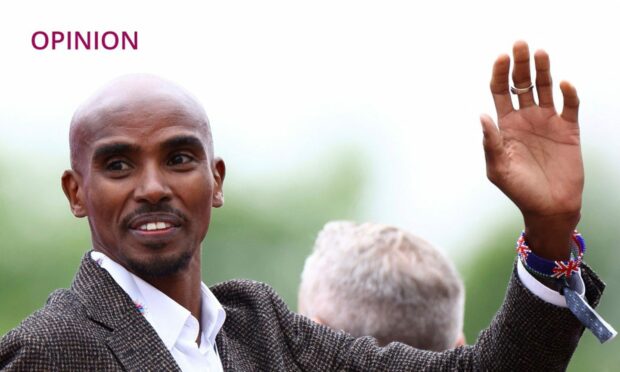
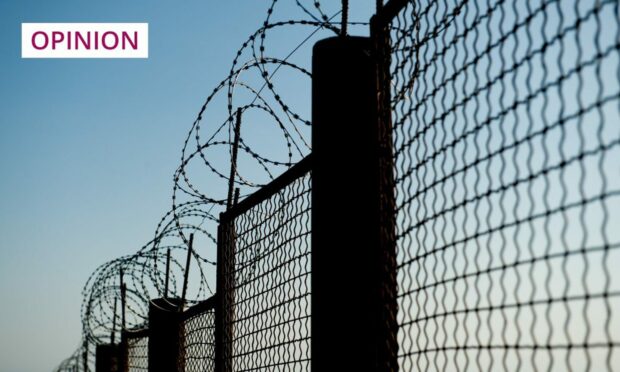
Conversation